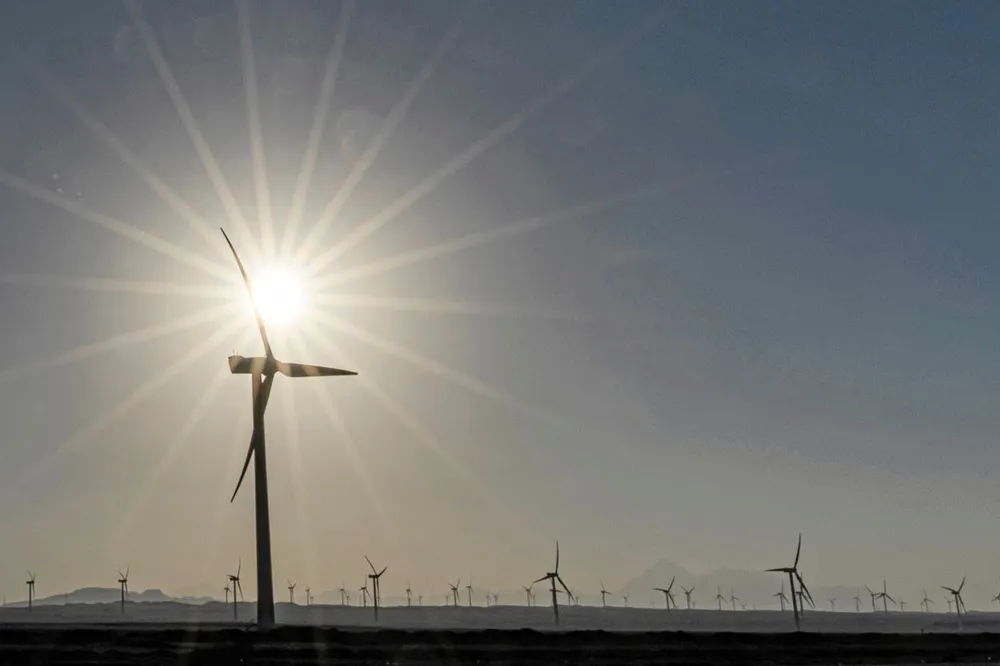Egypt considers kick-starting domestic green hydrogen industry with Carbon Contracts for Difference
Official website releases details of possible policies to drive offtake and create more certainty for final investment decisions

Official website releases details of possible policies to drive offtake and create more certainty for final investment decisions
